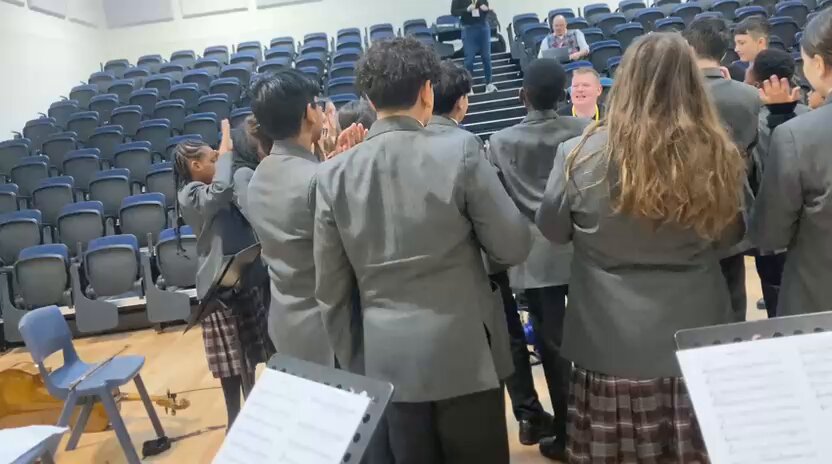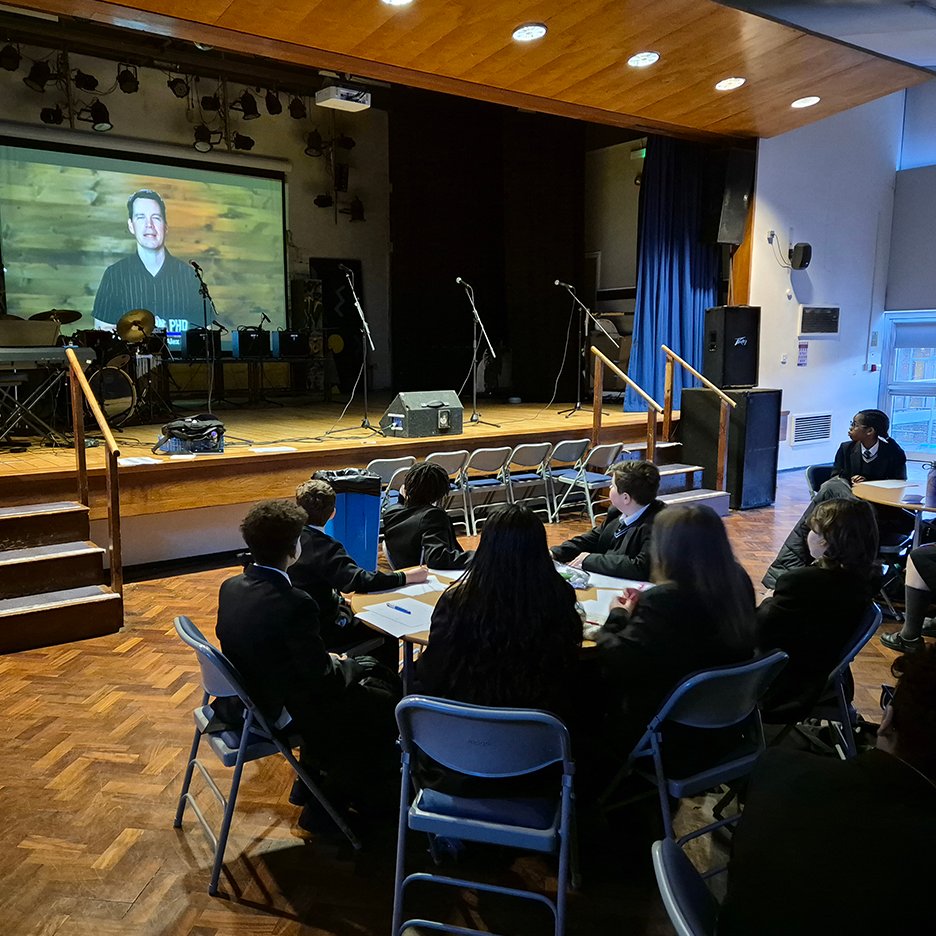Latest News

New Structure A Success
Posted: 9th October 2017A unique school structure which sees students gaining GCSEs from the age of 13 has been hailed a huge success.
The Burnt Mill Academy Trust (BMAT) launched a new curriculum three years ago which saw students in Year 9 and 10 at Burnt Mill Academy, take GCSE courses and exams early.
Students study two complete GCSE courses in one year, rather than the traditional three years, and enter Year 11 having already banked four GCSE qualifications.
The radical overhaul saw lessons for the upper school extended from 60 minutes to 100 minutes, with students devoting two whole days each week to their two GCSE options.
The move means students in Year 11 can focus more of their time and energy into the core subjects of English, maths and science. It also enables them to take a range of subjects without having to drop a core subject for one they may prefer, such as dance or photography.
Three years in and results confirm the structure is working.
Dee Conlon, deputy head, said: “Traditionally, children take their options in Year 9 and they are set in stone for the three years ahead. That can mean being stuck with options they chose at the age of 13 when they are 16, even if their plans for the future have changed. Also, they may no longer want to take lessons in dance, for example, but they have no choice as it’s part of the curriculum.
“Our students get to make their choices each year for the year ahead so it stays more relevant as they grow older. For two days each week, they only have their options lessons; what better as a child than spending all day focusing on what you love. The children absolutely love it and, as a teacher, the 100-minute lessons mean you can really get stuck in to a topic and have the time to make sure every single child is making progress – if not, you have the time to intervene.”
Students are assessed regularly and are advised to leave subjects which require high levels of literacy to the later years to allow for further development.
Year 7 and 8 continue with the traditional lesson structure because younger students benefit from the shorter sessions, while early interventions mean all students are expected to reach their absolute potential when they sit their GCSE exams from Year 9.
Unique curriculum impact across subjects -
Science
Francis Collins, director of science for BMAT, said: “The 100-minute lessons give us the opportunity to carry out a lot of assessment so we know by the end of a lesson exactly what students have learnt. We have time to do live marking so we can pick up immediately on any misconceptions, rather than it being left until the next lesson. That has a big impact on the progress students are making.
“Results have gone up year on year in science under the new curriculum. Having four options banked early means students have extra time to focus on their core subjects. This curriculum is a massive positive for science, English and maths.”
Humanities
Kayleigh Trainor, head of humanities at Burnt Mill, said: “Having Year 9, 10 and 11 in the same GCSE class is having a really positive impact. Year 9 want to strive to be as good as the older students, while Year 11 want to set an example and impress their younger peers.
“The curriculum change is having a huge impact on results. In humanities, we were consistently below national average. This year, 87% of students achieved A* to C grades in history, with 33% achieving A* or A, which is above the national average. In business studies, we saw 78% of students achieve A* to C, whereas the national average is just 64%.
“One of the things I enjoy with our curriculum is seeing the progress students make in lesson; progress is happening quicker."
Performing arts
Cristin Casey, director of performing arts for BMAT, said: “As a practical subject, it’s so valuable to have students in lesson for a longer period of time. We can deliver new information and have time to embed that into a practical setting, giving students a deeper understanding of the concept.
“Although Year 9 are still young, we have never had a student fail in the new curriculum. Last year, 100% of students scored A* to B in music, with results 35% above the national average in the listening paper. Across performing arts, results have been above the national average year on year.
“It has blown my mind, particularly that we are getting Year 9 students through with such good grades. The expectation is on them to keep up with Year 11 and they rise to that challenge. I have been asked to write schemes of work for the exams board as a result of the success we are seeing here.”

























